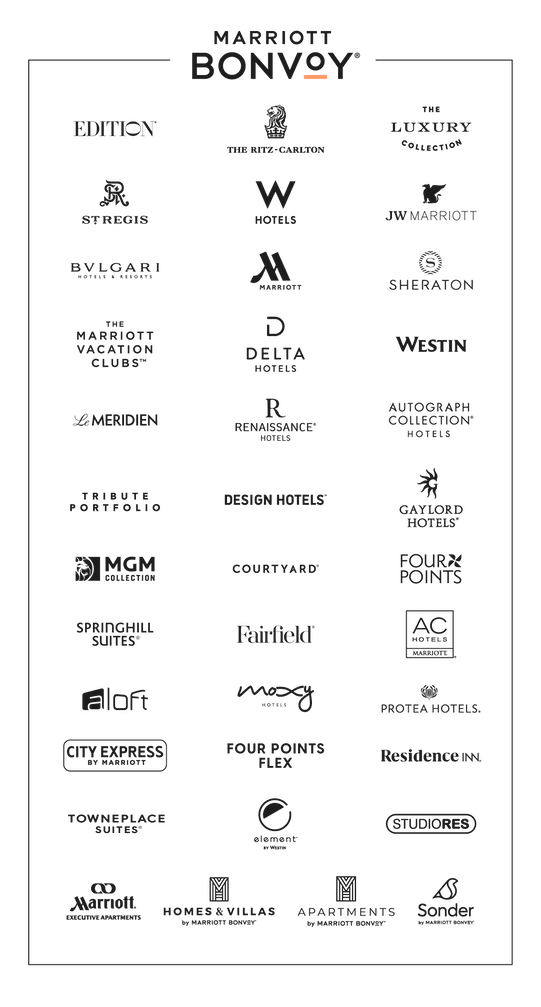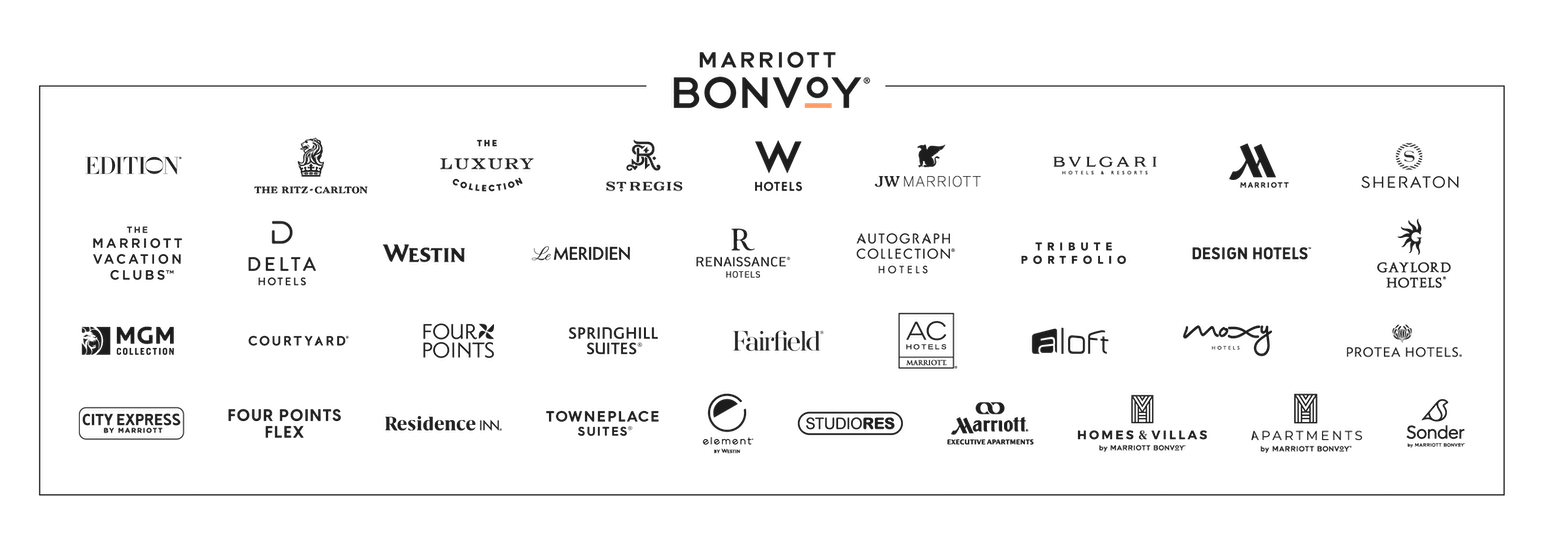Three Ways Tech Helps Personalize Events
As a planner, you probably recognize that personalizing your events can deepen engagement, but accommodating a wide variety of attendee needs takes time. Tech can help you with this monumental task—if you know how to use it right.
Custom mobile event apps, artificial intelligence for itinerary assistance, and on-site engagement tools might be familiar technology to you, but they include features that you may not be using to the fullest extent to personalize experiences for attendees. Here’s a look at the possibilities.
1. Custom Mobile Event Apps
Attendees are going to have their smartphones with them during events for quick access to everything they need. Mobile apps, a longtime staple of planners, are one way to provide a personalized journey.
You know that event apps show attendees the schedule and can give them the ability to personalize their agenda. Taking it a step further, when users complete their profile and set up notification preferences, it generates valuable data to help you tailor your communications to them, from welcome messages to targeted event reminders and updates.
As you research app developers—including Cvent, Nunify, Swoogo, and Whova—and explore their suite of features, make sure you keep attendee personalization top of mind. Do you want to communicate to attendees or have them chat with each other? What about an interactive map for easier navigation to exhibit floors and meeting rooms? Or polls, Q&A chats, and surveys to boost engagement? Maybe a virtual help desk so people can get their questions answered?
Apps can be branded to include your event name and match your theme (called white-label apps), or they can carry the provider’s branding and direct people to select your event from a list inside the app (referred to as container apps). Branded apps usually cost more but offer a richer, more personalized experience for your event that attendees will appreciate.
2. Artificial Intelligence for Itinerary Assistance
Acting as a tireless and talented assistant, AI systems such as ChatGPT can help you develop itineraries—leveraging huge amounts of data and churning out actionable insights—so you are free to be more strategic in your work.
In the early stages of planning, AI tools can be useful in brainstorming. Ask AI to generate options for destinations or themes for your event, and you’ll soon have plenty of information to react to and refine. By adding past attendee data to the search, you’ll get results that are grounded in what people are looking for.
When it comes to content, for example, AI can analyze registration data and past event behaviors, so you’re able to cater to your audience’s interests. For instance, AI might identify a large segment that is interested in wellness, and you can add sessions around those topics.
At an individual level, platforms such as Glue Up and Splash use AI algorithms to review people’s profiles and past data and personalize agendas that ensure everyone gets the most relevant content. AI could also recommend that someone attend a one-on-one meeting or a small group session with others who share similar interests.
3. On-Site Engagement Tools
Event planners can use various technologies to enhance on-site engagement and create a more personalized experience for attendees.
Mobile apps, mentioned earlier, can get the job done. Poring through attendee data, these platforms offer individualized schedules, session recommendations, targeted content, and personalized navigation.
Using badges or wristbands with radio-frequency identification (RFID) also can help to seamlessly personalize the attendee experience. For example, people can quickly register and check into sessions, and when they do, dynamic displays in the area can show them personalized messages. Also, when their movements are tracked with RFID, they can receive personalized recommendations, such as related sessions or other people they can meet who are nearby.
Gamification elements such as scavenger hunts, point systems, or leaderboards can be personalized based on attendee interests, encouraging participation and interaction as well.
Virtual reality (VR) technology offers many possibilities for customization and interaction that lead to memorable attendee experiences. Whether through personalized tours, virtual training, immersive storytelling, or team-building exercises, VR can transform the way attendees engage with events.
Tech Solutions for You
Technology in and of itself is not personal, but solutions such as mobile event apps, AI-powered itinerary assistance, and on-site engagement innovations are effective tools to have within reach. When used optimally in the events landscape, tech can help you create tailored attendee experiences that resonate on an individual level, driving deeper engagement—and lasting impressions.

